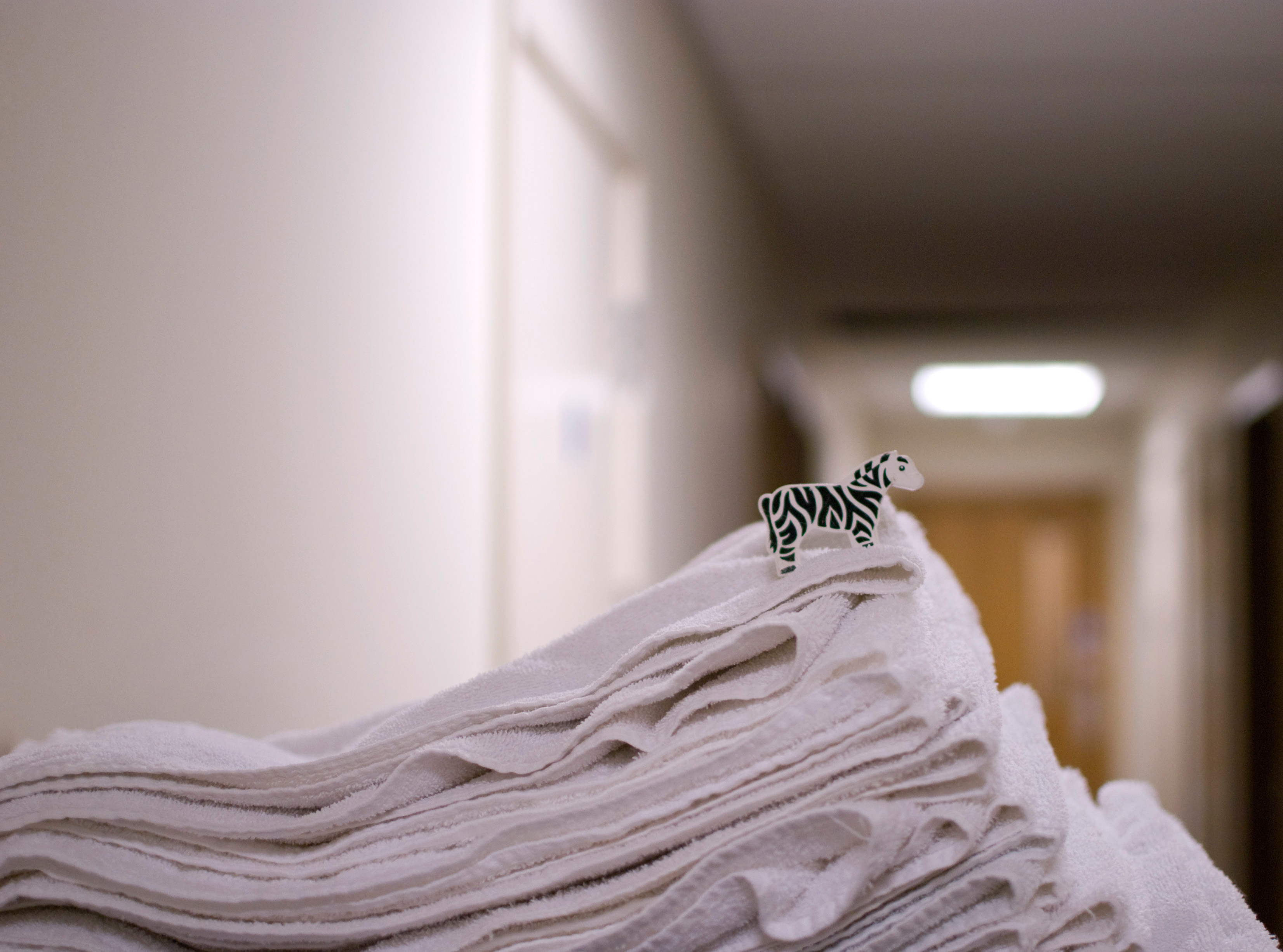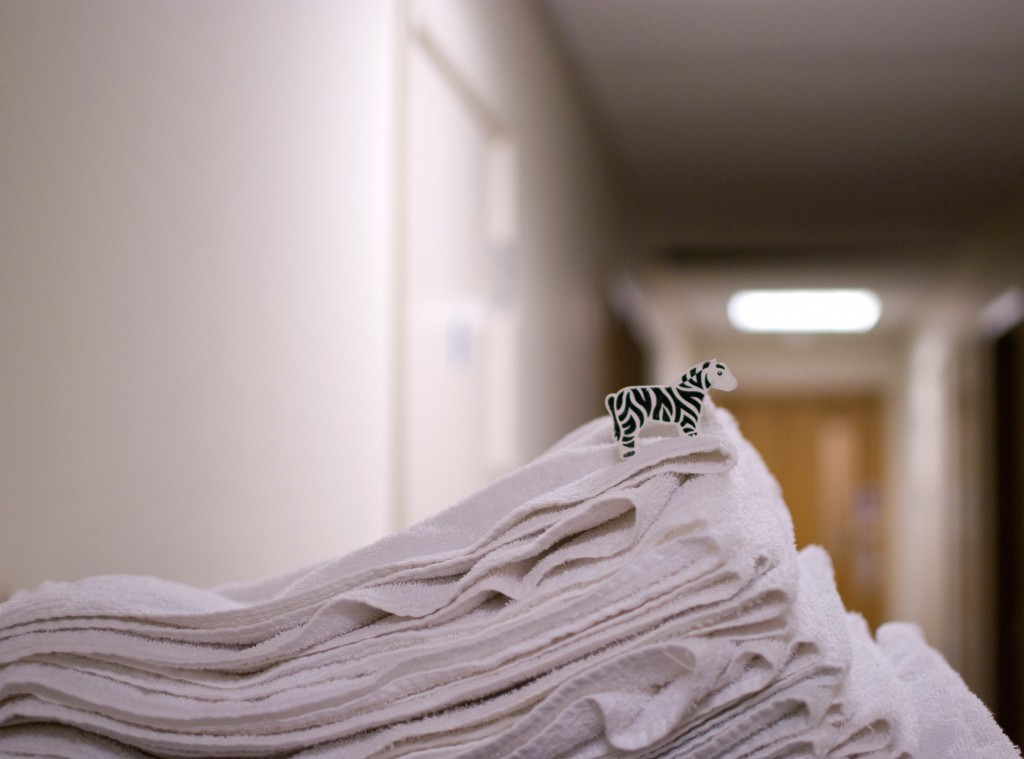
I used to go gliding when I was younger; the end of the title of this post is the response of a trainee glider pilot given in answer to their instructor’s statement at the beginning of the title so the instructor knows you are aware and conscious and ready to take hold of the controls.
It felt unnatural at first: being catapaulted up into the air from the ground or getting towed into the sky behind an engined plane. When the cable gets released both methods involve being left hanging in mid air. The first realisation that there is no safety net is a bit the way I felt when I read about the condition (MS) I’d been recently diagnosed with.
We’ve received some news we’d rather not have.
But it’s here, what to do with it now?
I believe we have an awful lot of choices available to us in life, perhaps slightly fewer if we’re incarcerated. A failing, unreliable body isn’t quite incarceration, although, occasionally, it will feel that way.
Perhaps you’ve ended up here after looking for a definition of what a chronic condition is and what can be done about it?
We all make choices every day, the language we use to refer to those choices I think is very powerful and if we’re not careful, can become counter-productive. I don’t believe it’s healthy to talk about ‘fighting a battle’ and thinking of our bodies as a battleground, an inhospitable, dangerous environment. It seems to have become a scarily common description of illness generally, it perhaps suits some situations but far from most.
I and many others like me with a chronic diagnosis under their belts are very lucky and instead, we own a condition that isn’t on the verge of killing us. I think the battle analogy to describe illness most often gets applied by those whose bodies can generally be relied on and if the well think of illness it’s the sort that is acute or terminal. It certainly doesn’t appear to be the chronic, invisible sort.
Our bodies on the other hand are into this predicament for the long game, our conditions are chronic which means, on the whole, they aren’t deadly (there’s a debate to be had here but basically we’re not in imminent danger of croaking). Our bodies could do with some gentle encouragement to perform as best they can.
Having a chronic condition gives us the time to learn to communicate better within ourselves. It seems (broad generalisation here) society has not been listening much up to this point to the collection of chemical processes, skin and bones that carry them around all day.
We need to learn to cosy up, coax and persuade rather than stick our fingers in our ears and ignore the many messages our body sends every day employing any number of analgesics, social anaesthetics or purely symptom addressing pharmaceuticals.
We need to become dancers, willing to listen to our partners, our bodies a little better. This analogy works much better for me than being told to be like a foot soldier. Perhaps we need to think of ourselves also as creative managers?
The term ‘management’ I think is taking up a different space in this day and age. It used to carry regrettable connotations that conjured up images of unneeded and ineffective middle managers who don’t listen to their workforce and in turn aren’t listened to.
On a bad day managing my disease can feel a bit like how I imagine the deckchair manager may have felt in the last minutes before the Titanic sank – pretty useless and surplus to requirements.
On bad days I feel like my body is listing and yawing on stormy seas and no matter what I do I can’t stop it failing to find its comfort zone, it’s sweet spot. Those are the days I try and arrange not to force or test it.
It’s very different on good days. I can focus on the things I’m choosing to do that cause my life to feel better.
Whether, by the numbers, it actually IS any better (like a reduction in symptoms) is unimportant. How we feel about our condition and ourselves is ultimately, the only thing we definitely have control over.
Our state of mind is a mighty big thing!
thanks for your time so far. I’ll try to keep the posts a manageable length as I appreciate none of us like to squander our time. This occasional journal is a place for me to note my responses to various things around me, I hope they might interest more than just me!


